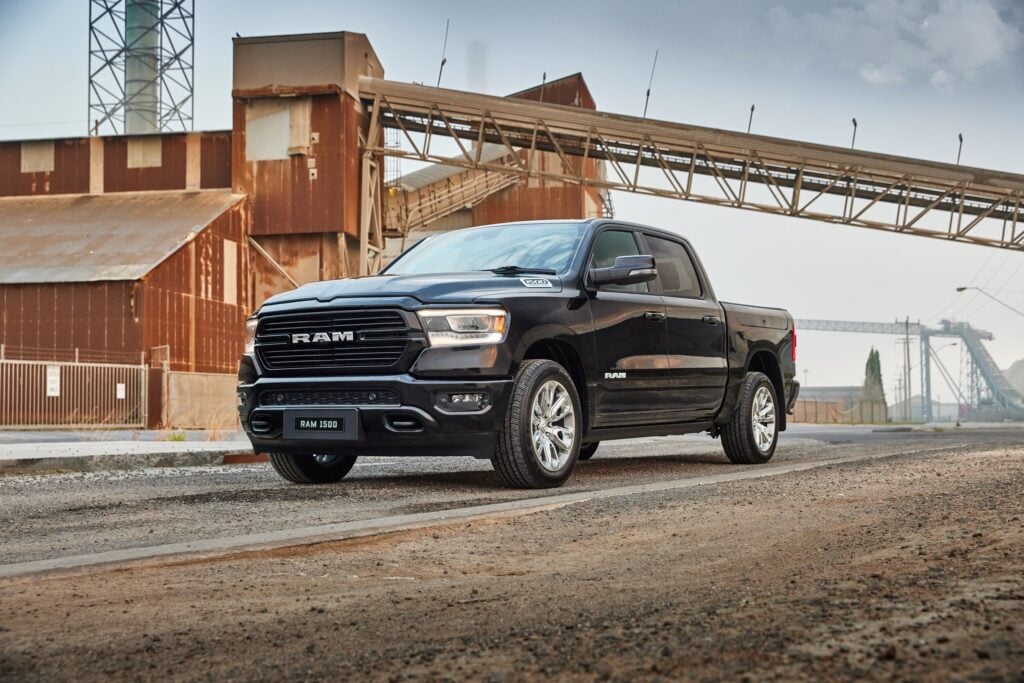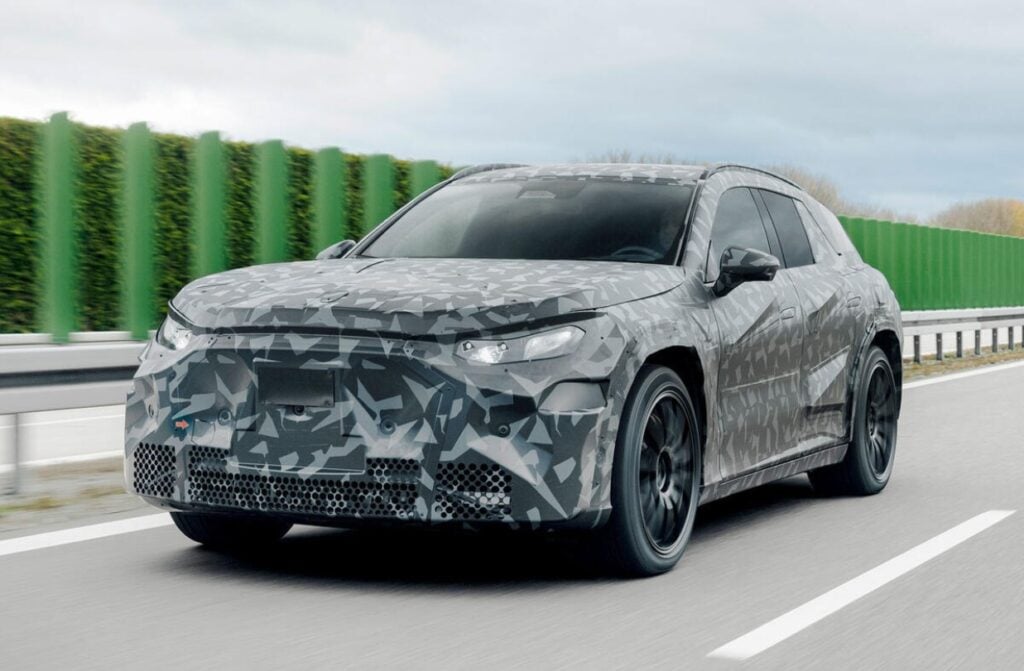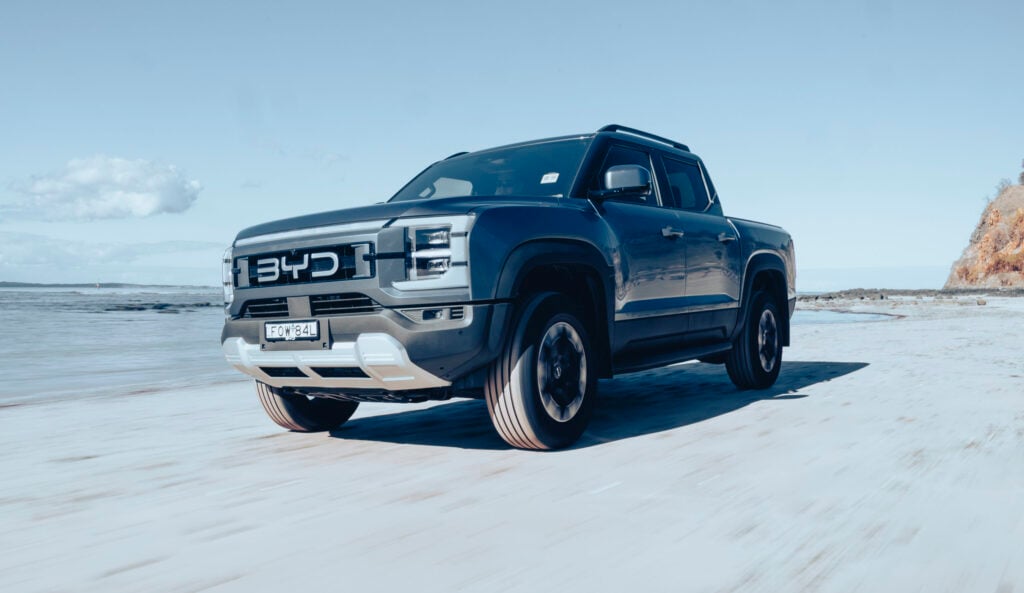
June 9: EVs could be free from LCT under EU trade deal
The price of some European-made electric vehicles could dramatically reduce as the Australian Government considers cutting or abolishing the Luxury Car Tax (LCT).
May 20: LCT threshold increased
The ATO has again increased the Luxury Car Tax (LCT) threshold for the 2023-24 financial year, amid cost-of-living pressures.
For ‘fuel-efficient vehicles’ (any model with less than 7.0L/100km combined fuel consumption, including EVs), LCT will apply on models priced beyond $89,332.
This represents a $4416 or 4.9 per cent increase compared to the last financial year.
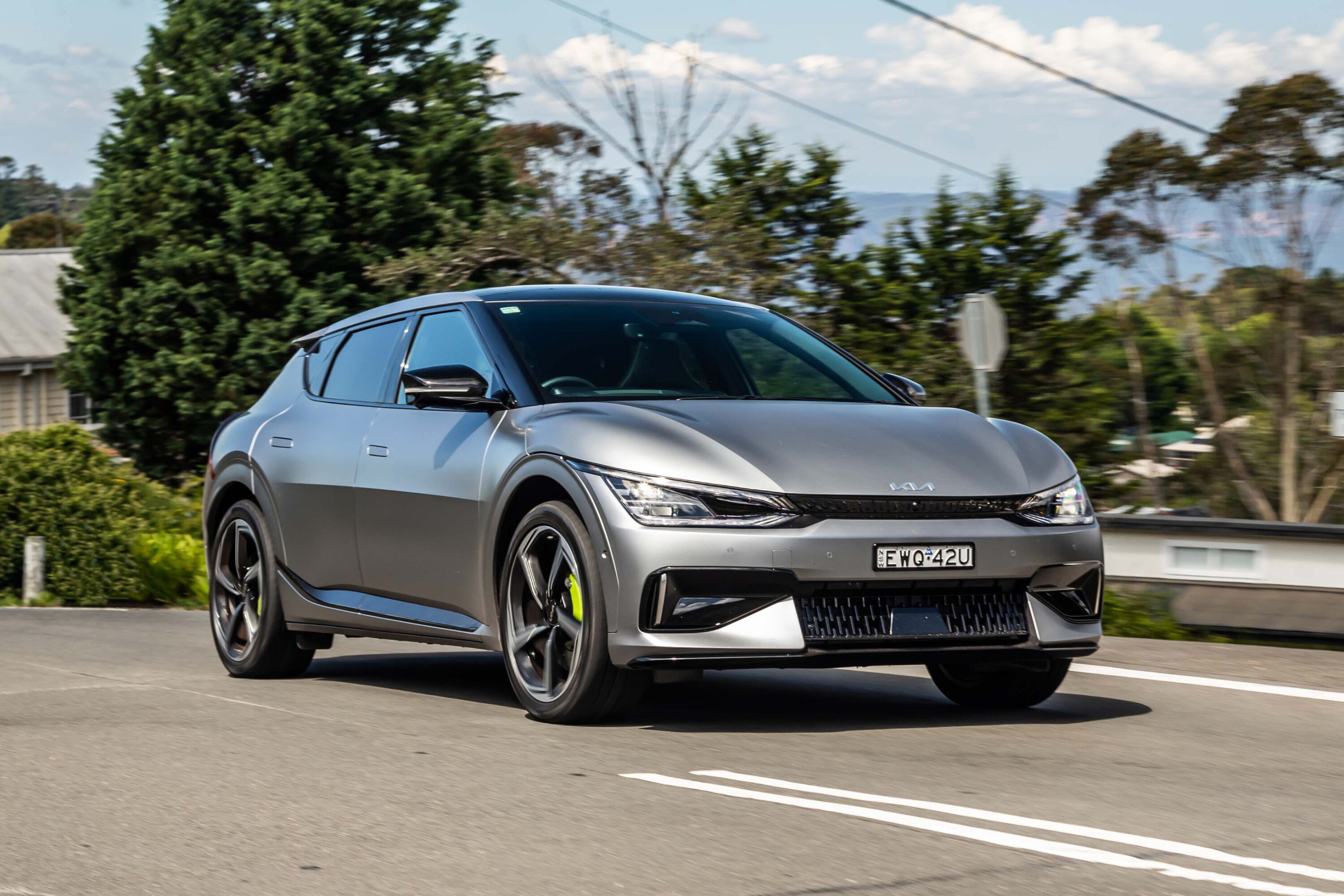
For ‘other vehicles’ outside of that fuel consumption criterion, the LCT threshold will be lifted to $76,950.
This means it has received a $5101 or 6.6 per cent jump compared to the current arrangement.
The threshold changes will apply from July 1.
How is the LCT calculated?
The LCT is based on the vehicle price, including the Goods and Services Tax (GST), any options fitted, and dealer delivery charges.
If the vehicle is over the threshold and two-years-old or less, the 33 per cent tax is applied based on the value of the vehicle price above the threshold.
LCT threshold by the years
| Financial year | Fuel efficient vehicles | Other vehicles |
|---|---|---|
| 2023u201324 | $89,332 | $76,950 |
| 2022u201323 | $84,916 | $71,849 |
| 2021u201322 | $79,659 | $69,152 |
| 2020u201321 | $77,565 | $68,740 |
| 2019u201320 | $75,526 | $67,525 |
| 2018u201319 | $75,526 | $66,331 |
| 2017u201318 | $75,526 | $65,094 |
| 2016u201317 | $75,526 | $64,132 |
| 2015u201316 | $75,375 | $63,184 |
| 2014u201315 | $75,375 | $61,884 |
| 2013u201314 | $75,375 | $60,316 |
| 2012u201313 | $75,375 | $59,133 |
| 2011u201312 | $75,375 | $57,466 |
| 2010u201311 | $75,375 | $57,466 |
Henry Man
June 2022: Fuel-efficient vehicle buyers get an extra $5000 to play with
Snapshot
- ATO increases Luxury Car Tax for 2022-23 financial year
- Fuel efficient vehicle threshold up by 6.6 per cent, other vehicles increased by 3.9 per cent
- Changes to come into effect from July 1
The Australian Taxation Office (ATO) has increased the Luxury Car Tax (LCT) threshold for the 2022-23 financial year by its biggest jump in years.
Coming into effect on July 1, the threshold for fuel-efficient vehicles – those which have a combined fuel consumption figure of under 7.0L/100km – has jumped up by 6.6 per cent to $84,916 from $79,659.
For other vehicles, which consume more than 7.0L/100km on the combined fuel cycle, the threshold has been bumped up by 3.9 per cent, now at $71,849 from $69,152 a year prior.
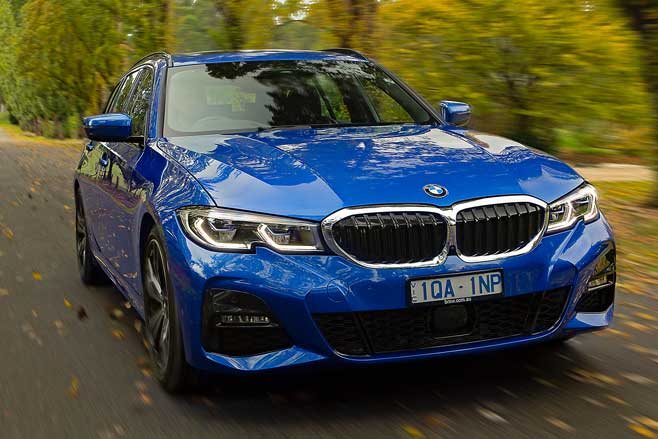
It’s the fourth time in as many years where the Government has increased the LCT for fuel-efficient cars, having been stagnant between 2010 to 2016 and then again until 2020.
In tandem with the extended instant asset write-off scheme, which now runs until June 30, 2023, the increased LCT will be of benefit to business owners wanting to invest in newer and cleaner cars for their fleets.
Tax reform has been a hot topic within the automotive industry in the wake of Anthony Albanese’s Labor Party coming to power in last month’s Federal Election, with the new Government inheriting a projected $963 billion debt.
Motor Trades Association of Australia (MTAA) CEO Richard Dudley believes the LCT should at least be tweaked to exclude certain items, such as accessories, from the tax, but also thinks the chances of reform and replacing the $700 million the LCT brings in to the Government’s coffers will be hard to replace.
“The prospects [of tax reform] are probably zero. You look at the Luxury Car Tax, for example; it’s a free, easy to implement, easy to administer tax,” Dudley said, speaking at the Australian Automotive Dealer Association’s Convention and Expo on Thursday.
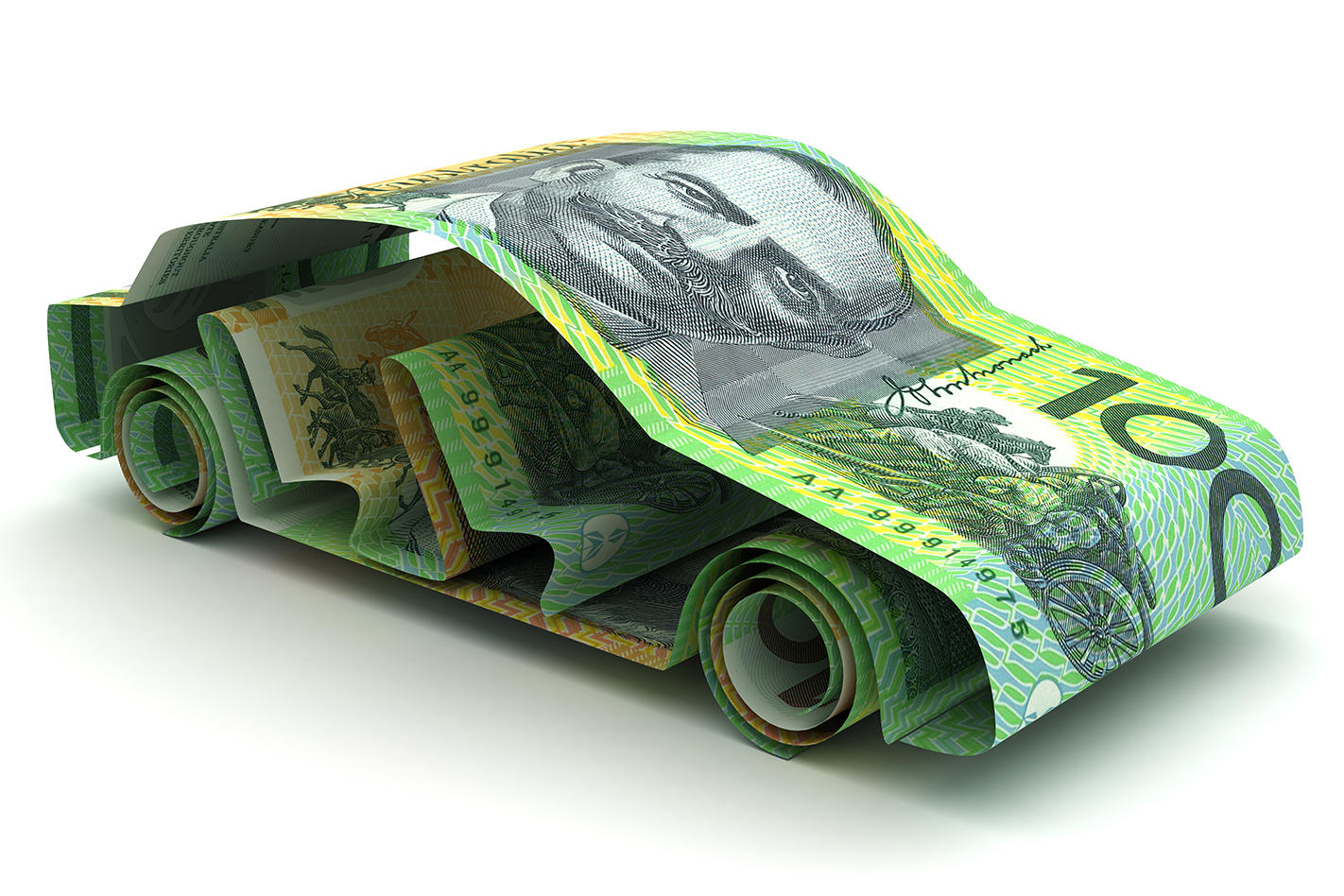
“We’re overdue at looking at things. We have state governments getting themselves involved in revenue. Some states and territories are looking at [road] user charges [for EVs].
“They’re applying that unilaterally now, on top of the fuel excise already existing, and we’ll end up with a patchwork approach in terms of the Luxury Car Tax.
“At least give us the opportunity of being able to reform that tax.
“Reduce the amount of tax. Remove accessories and those sorts of things, which actually put many vehicles up into the LCT bracket, start the reform process – giving up $700-odd million dollars is not gonna be easy for a government with a trillion dollar debt.
“But at the same token, that tax was set up to basically look after manufacturers who no longer exist in this country, and in an environment where tariffs are being removed, left, right centre.
“So if you want a luxury tax, then let’s start applying it to Russian oligarchs’ yachts and things like that, as opposed to vehicles that are not actually luxurious.”
The LCT has long been a contentious topic for the motoring industry, with a multitude of voices speaking out against it.
Last year, Mercedes-Benz struck out at what it calls an “unfair tax” hitting its customers.
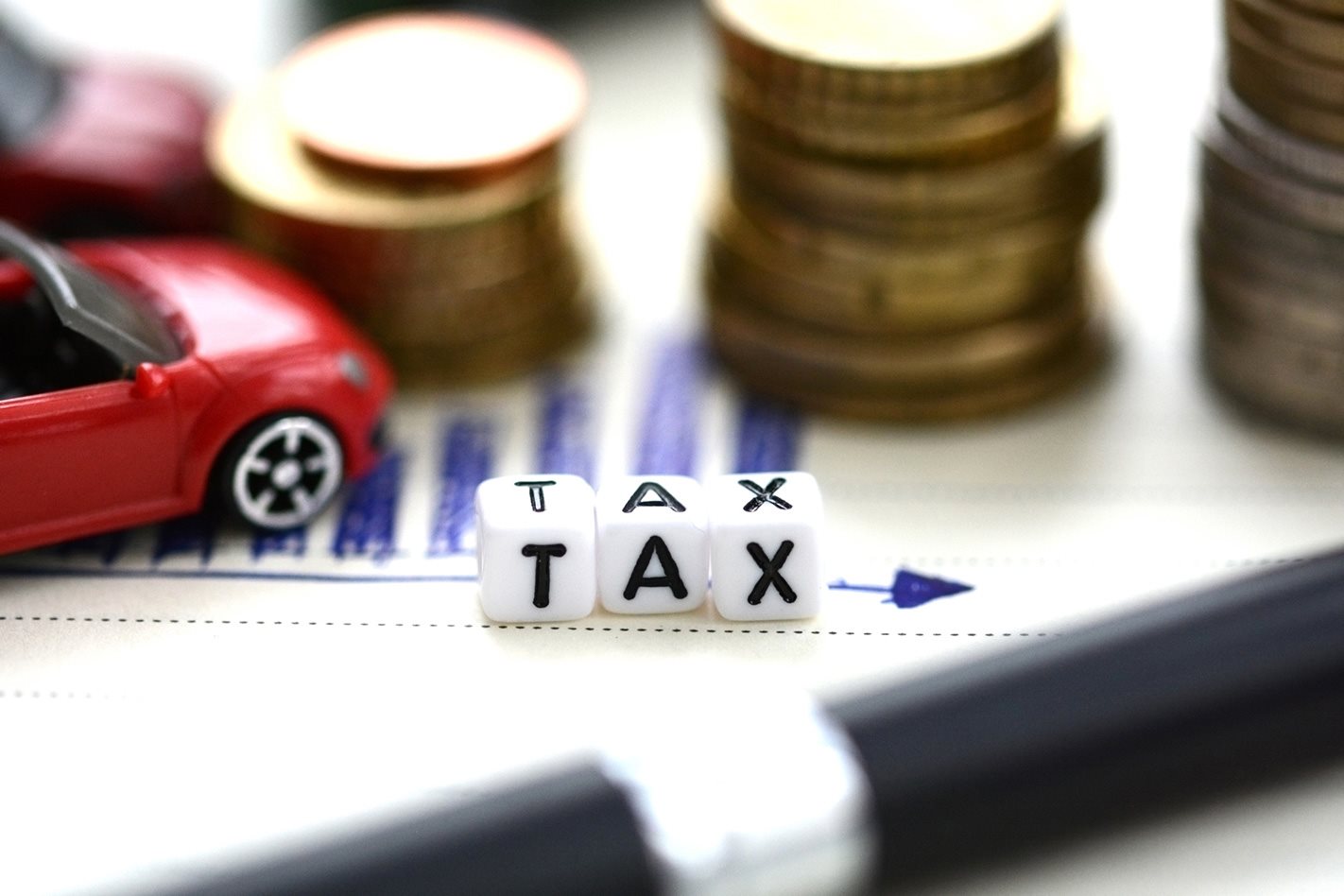
“If the LCT were to be scrapped it would enable consumers to access the more advanced safety technology which comes as standard on models such as the EQC, which previously might have been just a bit out of their price range,” a spokesman told Wheels at the time.
“Ultimately it is an unfair tax on consumers and doesn’t help with their buying decisions.”
The Federal Chamber of Automotive Industries agrees, saying the LCT puts a tax on safety, holds back improvements in environmental outcomes through emissions and prices consumers out of a majority of the electric car market.
“The industry has never supported it,” it said. “It’s discriminating and inefficient. Every time there is tax reform we hope for it to be set aside.”
Though it is early days for the new Labor Government, there are no indications so far that the administration intends to alter the current arrangement. In fact, in recent days it made EVs exempt from the Fringe Benefits Tax (FBT) if priced below the Luxury Car Tax threshold of $84916 – making no mention of the latter’s removal.
Last week the Federal Government announced it would not be extending the fuel excise cut, which was handed down as a part of the Federal Budget in March, with it set to rise back up to 44.2 cents per litre from 22.1cpl from September 29.
We recommend
-
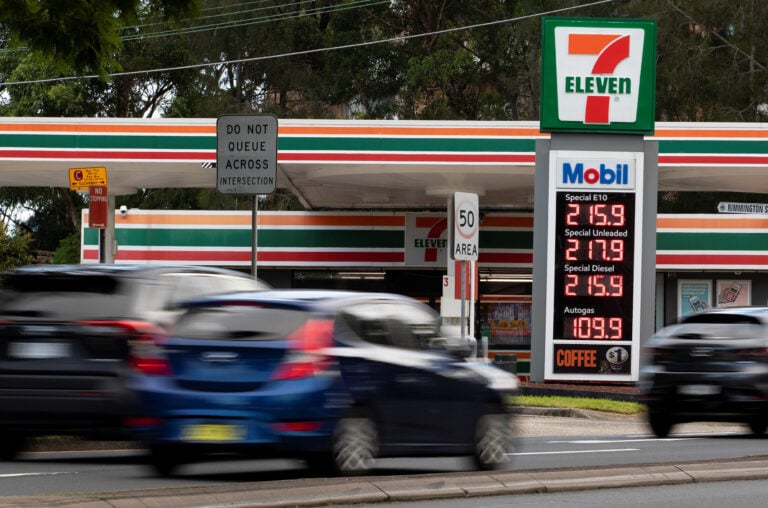 News
NewsLabor won't extend fuel excise cut
The new Government says there are other ways to ease the cost of living
-
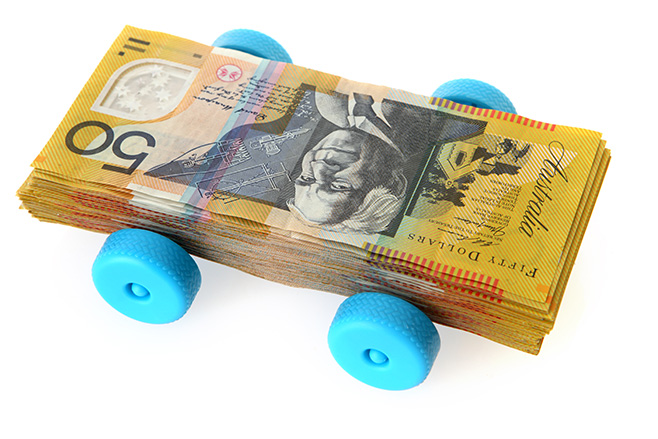 News
NewsLuxury car tax to be abolished?
A new trading deal with the United Kingdom could finally see it dropped, but is it too soon to break out the party poppers?
-
 News
NewsAsset tax write-off set in Federal Budget spells car sales boom
The measures announced in last night's budget have been welcomed by dealers

